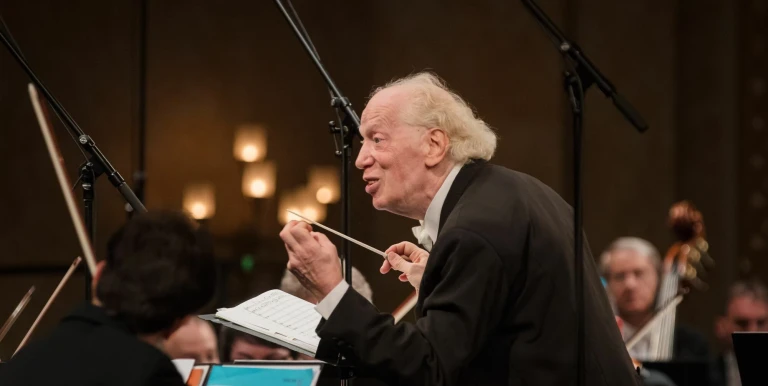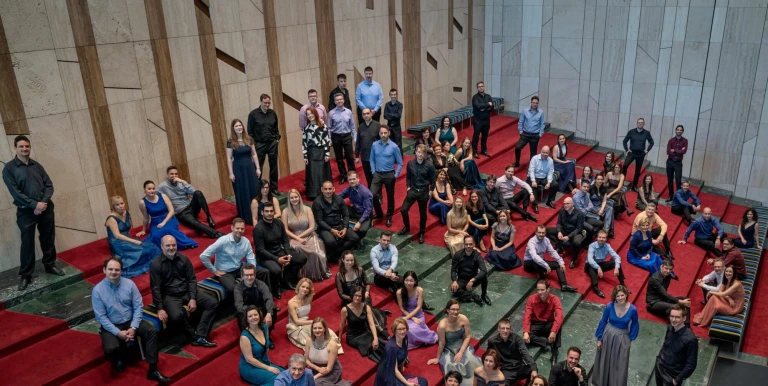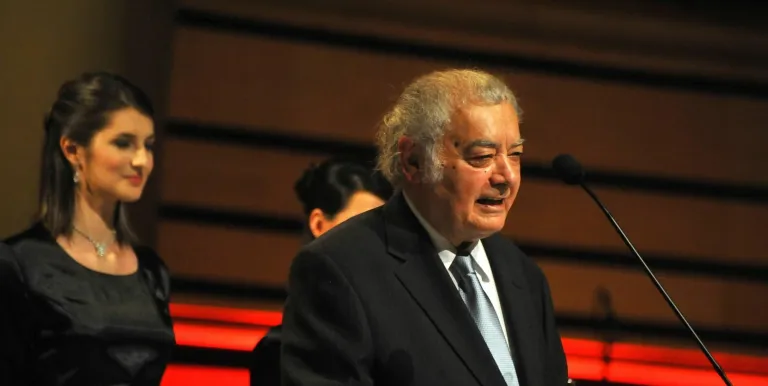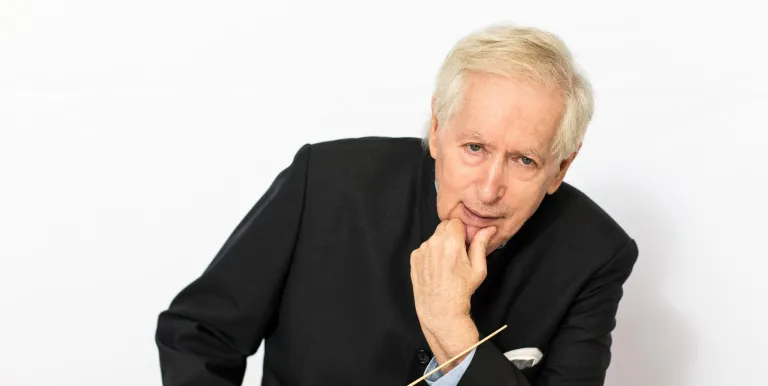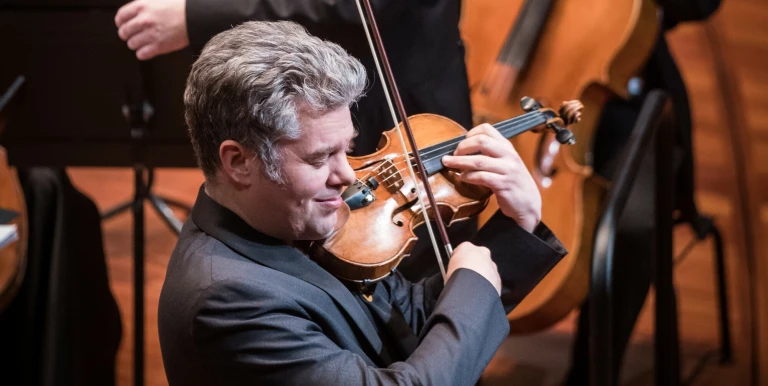Please note that by buying tickets you are accepting the house rules at Müpa Budapest, which also include the latest regulations and security rules. You can read further details and find key information on this page.
Thank you for your understanding and cooperation.
Mahler
Symphony No. 9 in D major
Ever since Beethoven's Ninth Symphony, composers have developed a fear of the number nine: many feared that, like the immortal master of Viennese classicism, they would never be able to write a tenth after their ninths either. Mahler shared this fear: after completing his Eighth Symphony, he named his ninth such work Das Lied von der Erde. When he arrived calmly at the Ninth, which he had now taken on with its proper numbering, fate caught up with him: it became his last symphony, he would only have time to complete the first movement of the Tenth.
Mahler wrote the Ninth in 1908/9. Though this symphony brings a period in music history to a close, as you listen to the work you can also detect the stirrings of a new era and the identification of new paths that Mahler would never have the chance to fully explore. It has the four movements of a classical symphony, yet is of epic duration, ranging from around 75 to 90 minutes in length. The order of the movements is completely different from that of a traditional symphony: the composition begins with a slow movement and ends with a slow movement, and the second and third movements bear the inscriptions Ländler and Rondo-Burleske. Another unusual feature is that though the work officially is in the key of D major, in reality the tonal scheme changes time and again, with the closing movement, for example, in D-flat major. Some see the work as a farewell to the world, while others emphasise its affirmaton of life. The Ninth is thus a complex and mysterious work that always offers new thing to discover. Herbert von Karajan felt "this work speaks to us from another world, from eternity.” The conductor for the concert, the 70-year-old János Kovács, graduated from the Liszt Academy in 1973. He is a demanding artist of exceptional knowledge and ability, at home in a range of styles and genres and always a true pleasure for any orchestra to work alongside.
Presented by: Hungarian National Philharmonic
Conductor:
Featuring:
-
We wish to inform you that in the event that Müpa Budapest's underground garage and outdoor car park are operating at full capacity, it is advisable to plan for increased waiting times when you arrive. In order to avoid this, we recommend that you depart for our events in time, so that you you can find the ideal parking spot quickly and smoothly and arrive for our performance in comfort. The Müpa Budapest underground garage gates will be operated by an automatic number plate recognition system. Parking is free of charge for visitors with tickets to any of our paid performances on that given day. The detailed parking policy of Müpa Budapest is available here.

